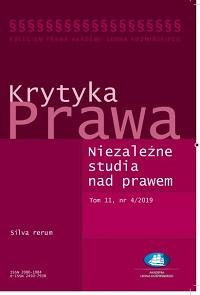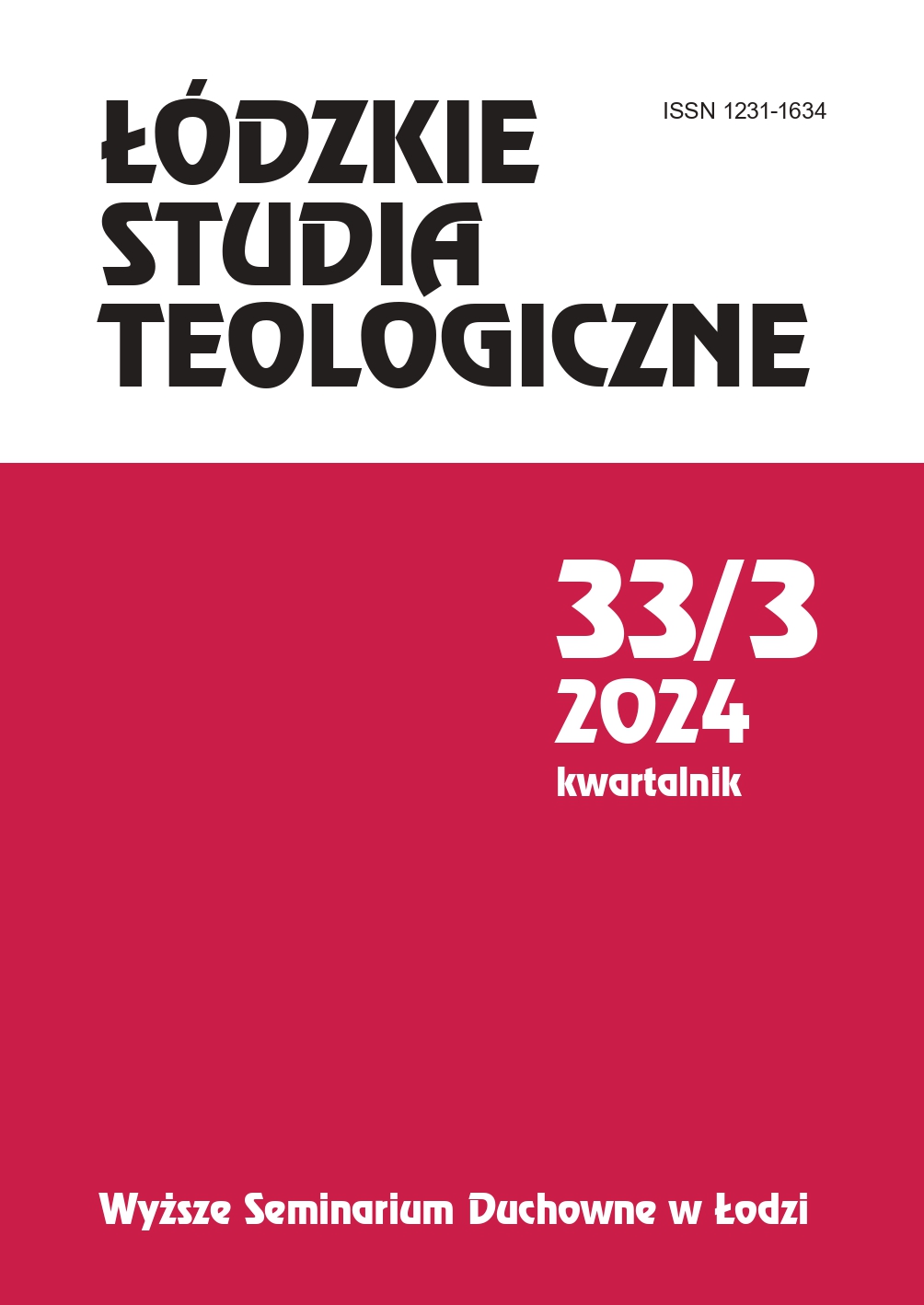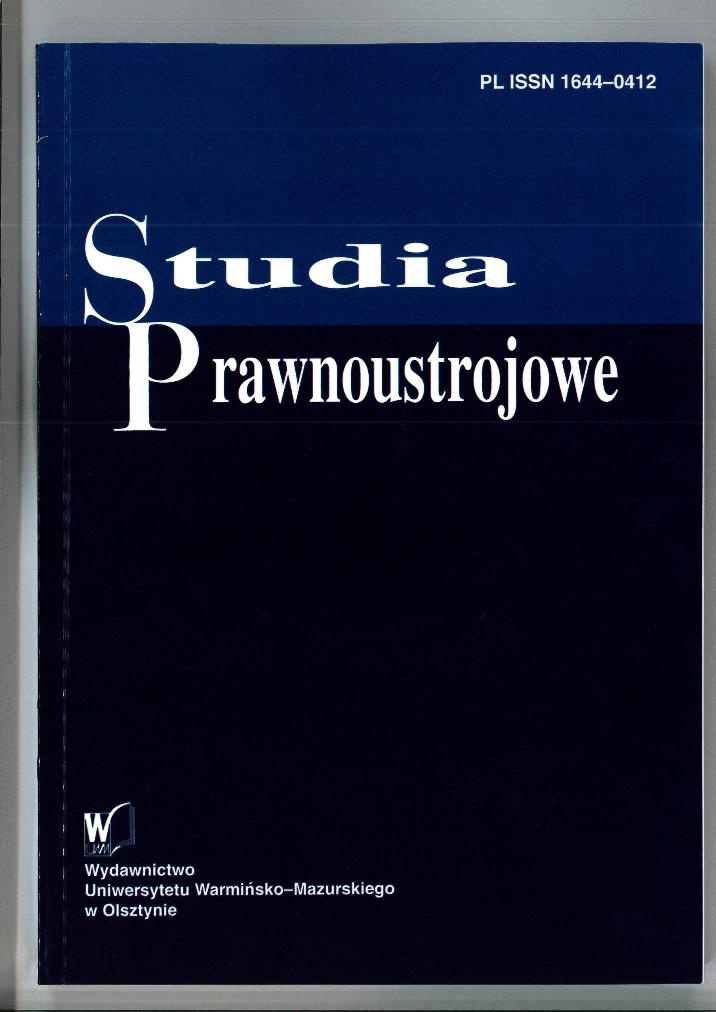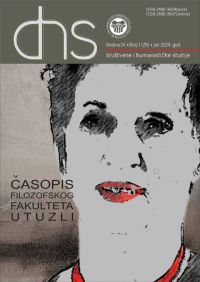
Съдебните документи и GDPR
Referral to the court for the purposes of seeking protection of violated rights and/or for criminal prosecution for a committed crime involves producing of a significant number of documents. In order to individualize the participants (including the parties), it is necessary to indicate personal data, which are not limited to names. The organization of court proceedings includes the personal delivery of these documents in paper form by a court official (or municipal administration official) to the person to whom they relate or (if he cannot be found) to members of their household. In this way, the personal data found in these documents can be disclosed to a wide range of persons. Which is a prerequisite for abuse. This necessitates a change in the organization.
More...




